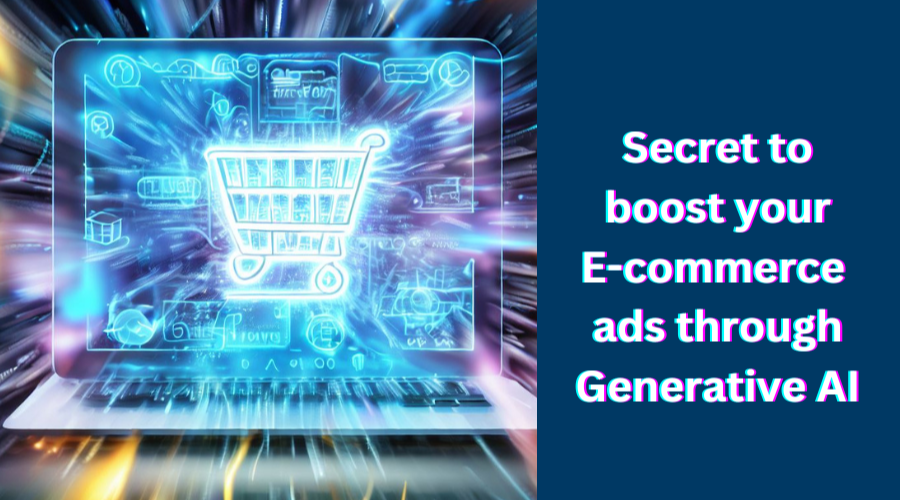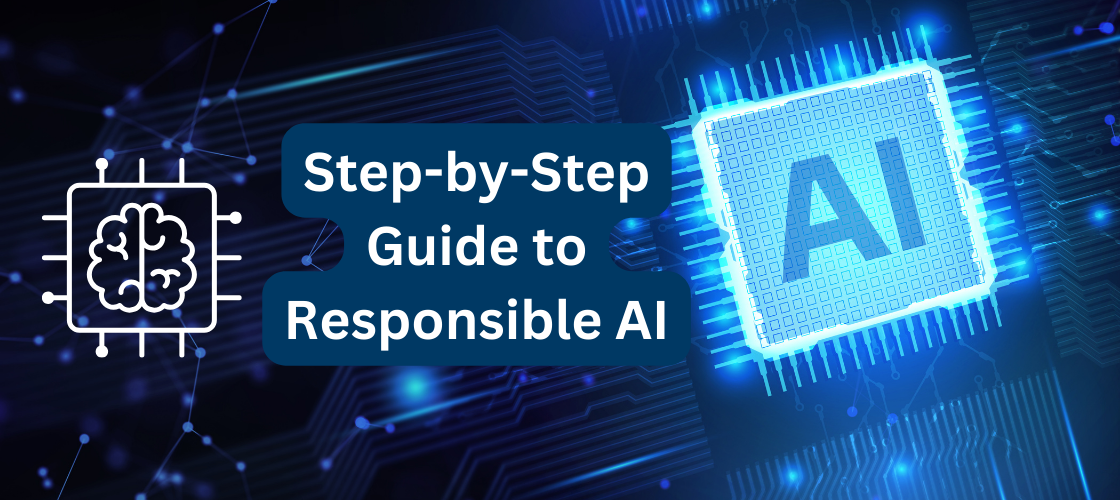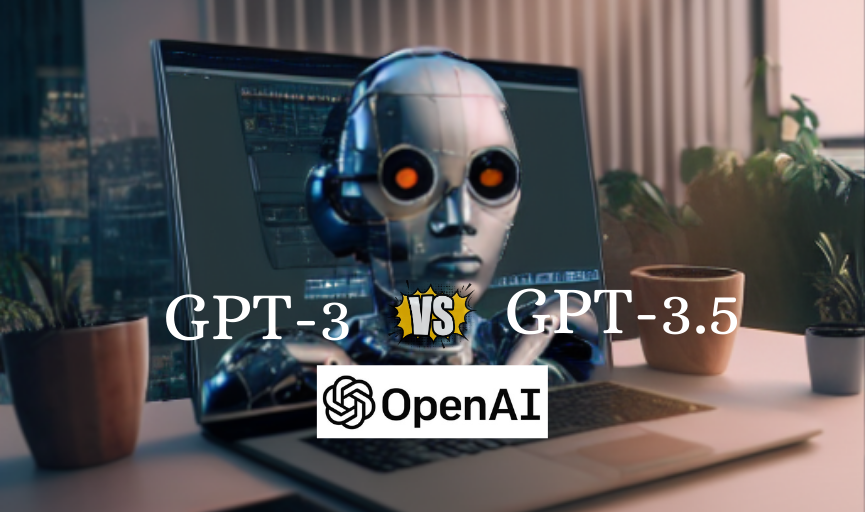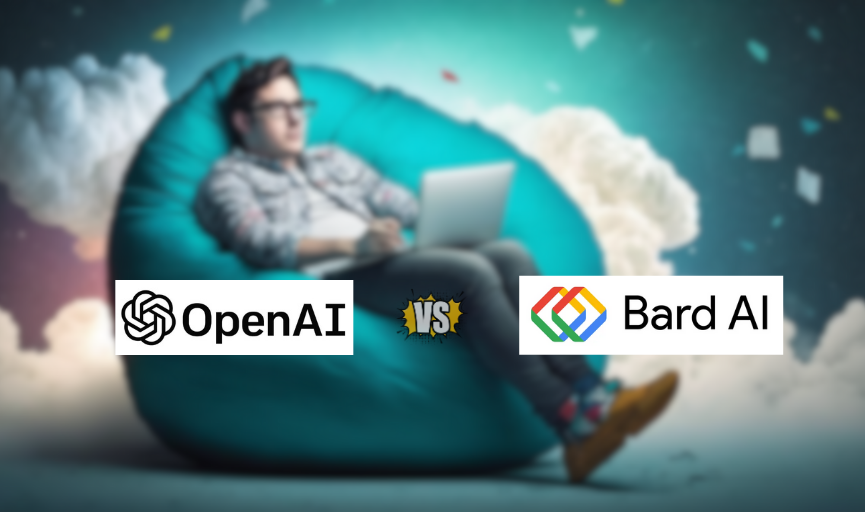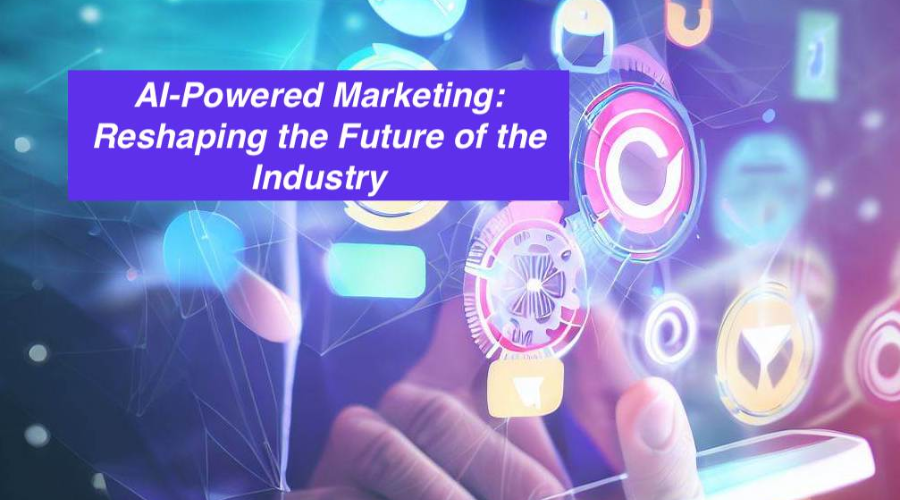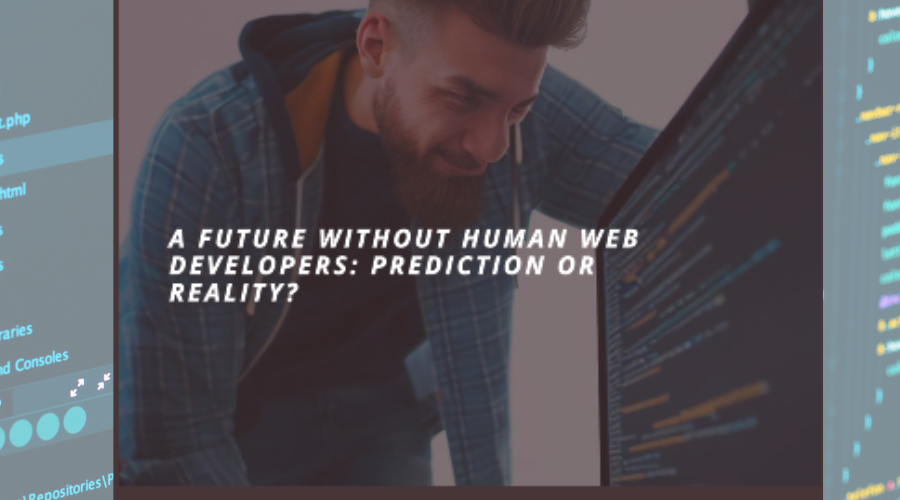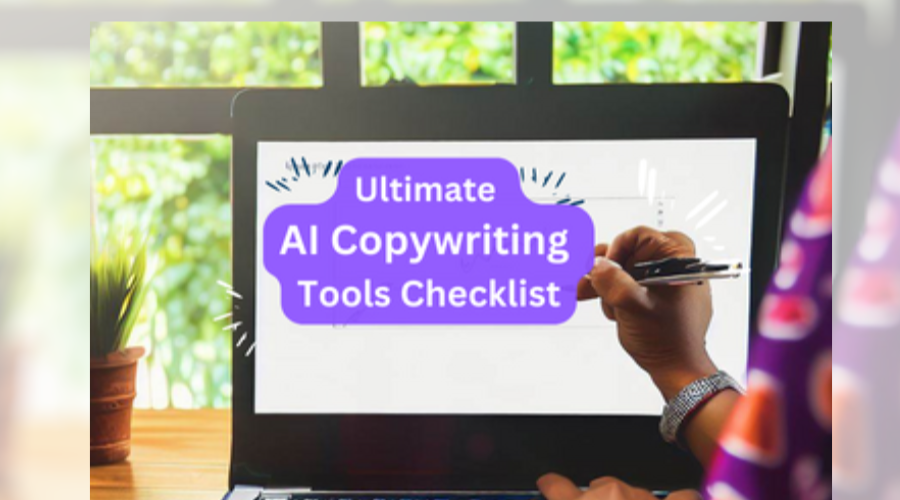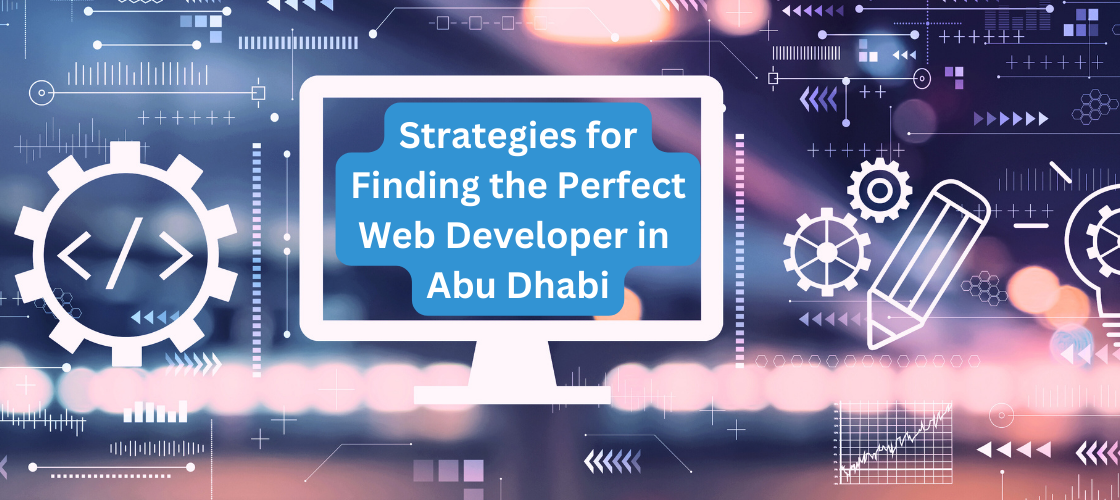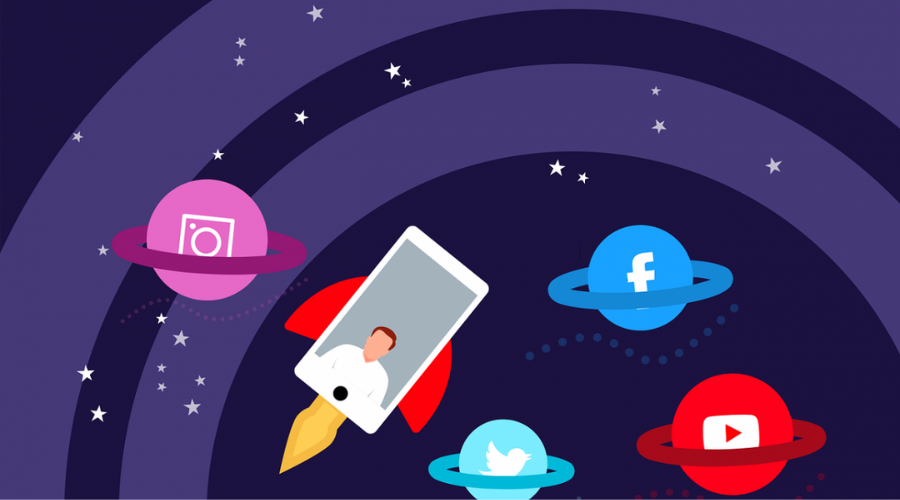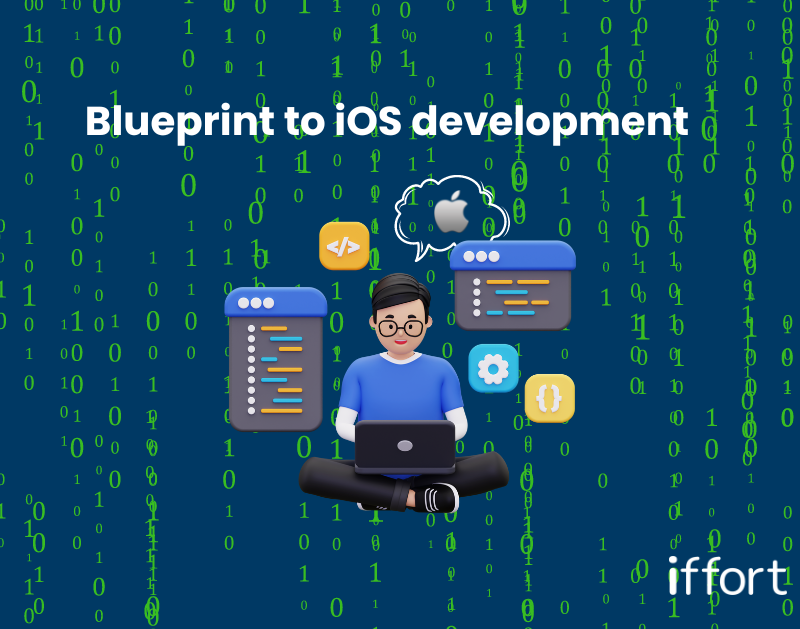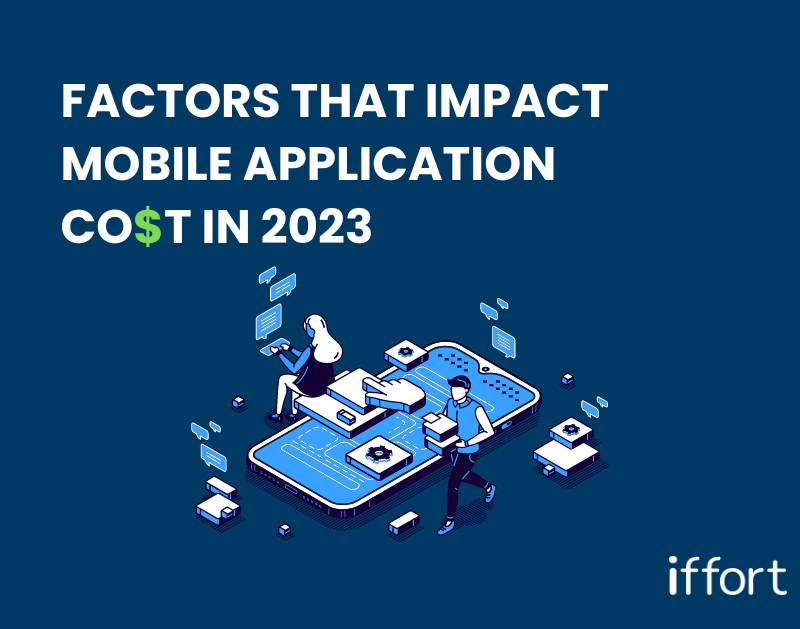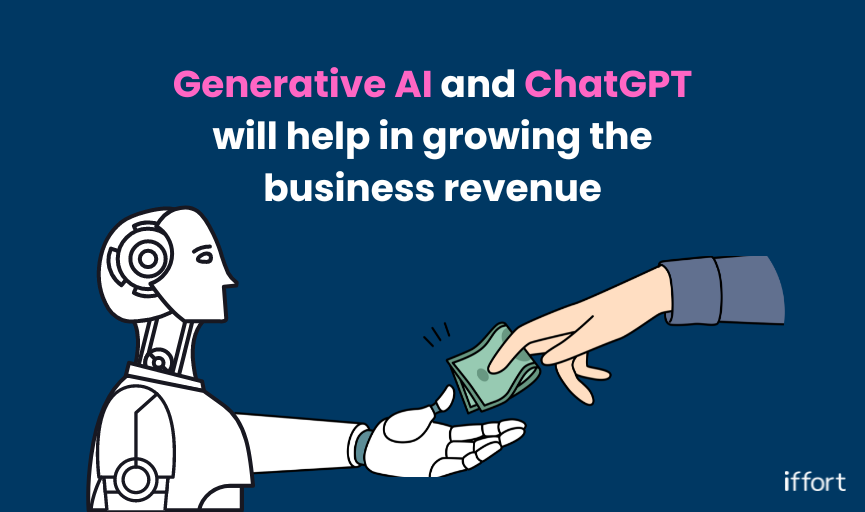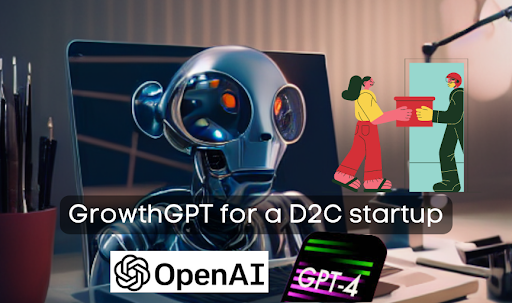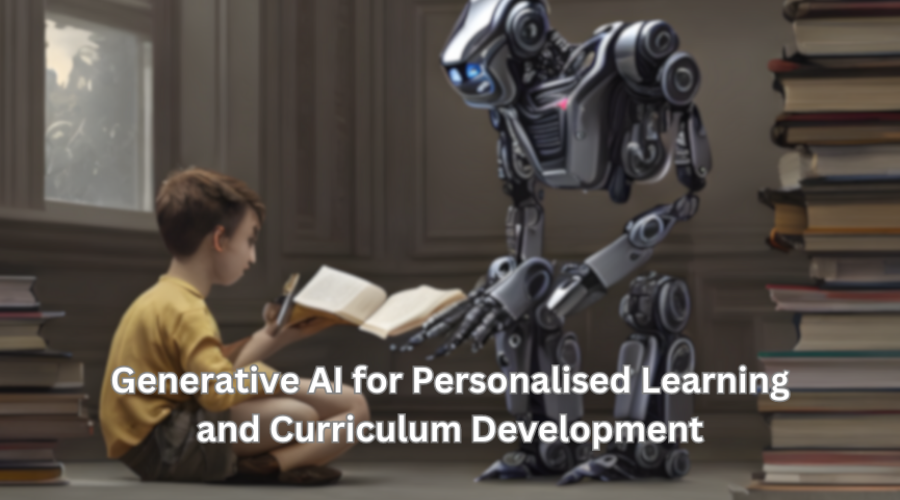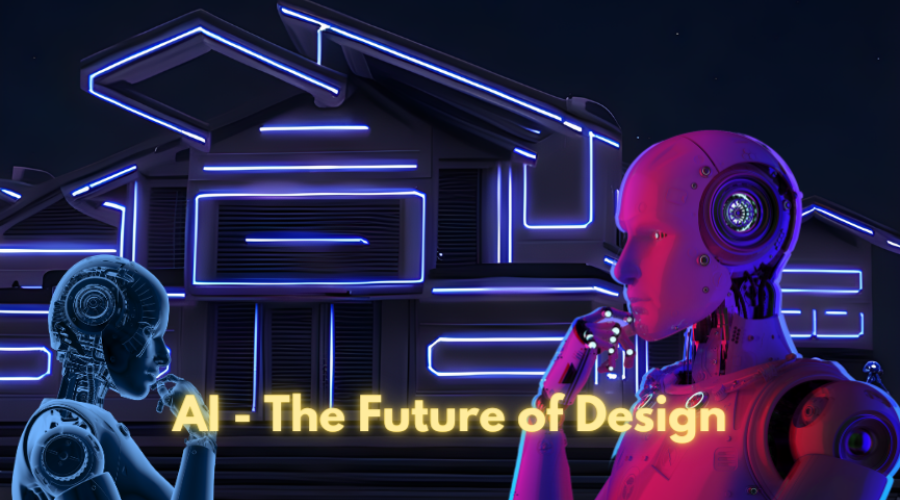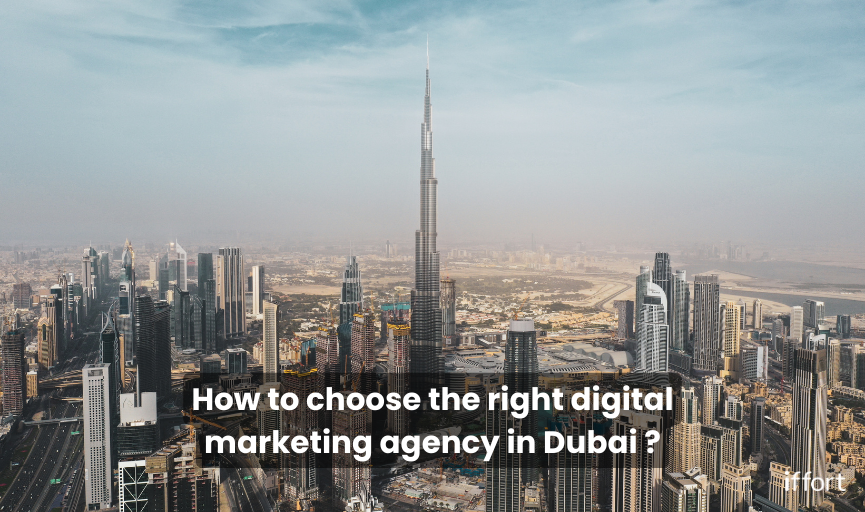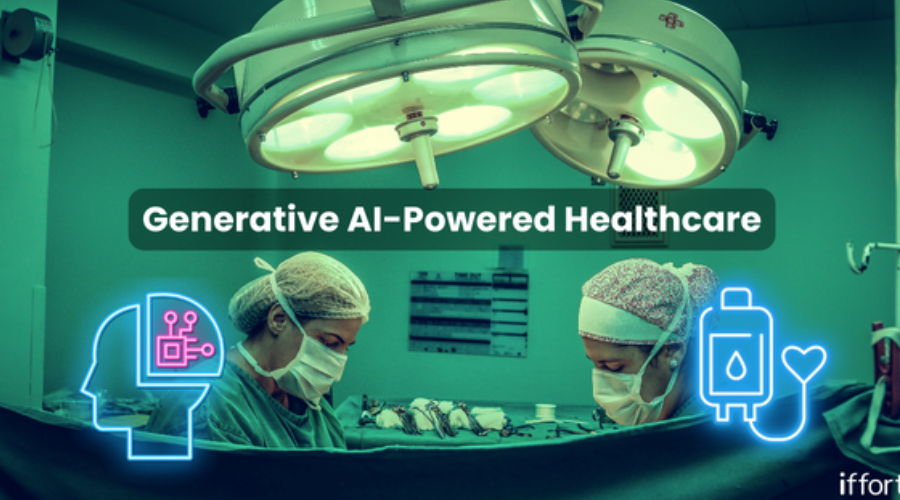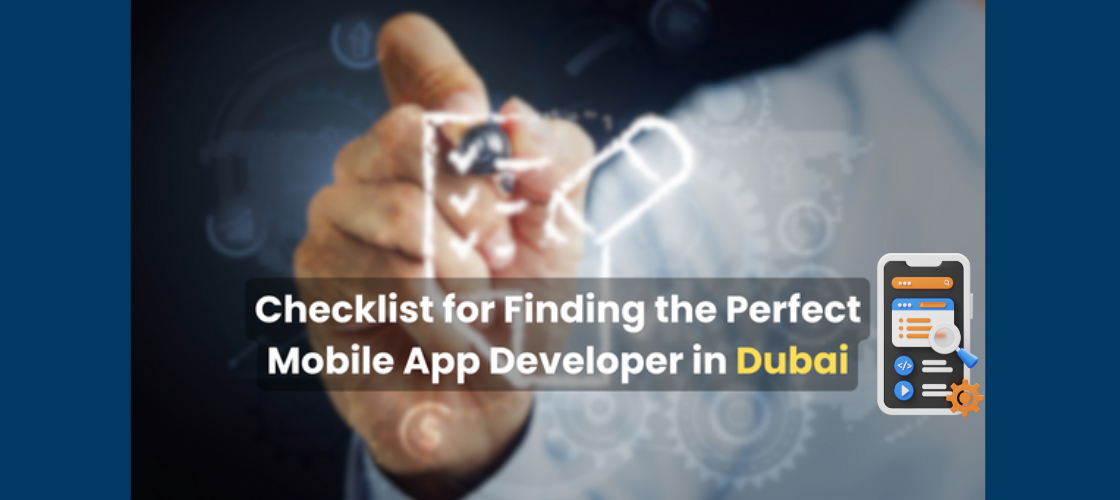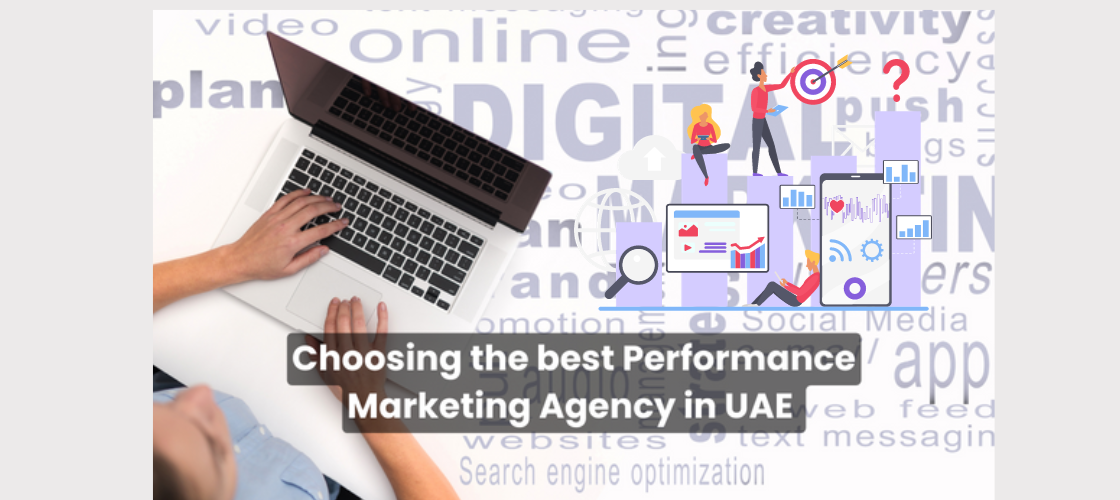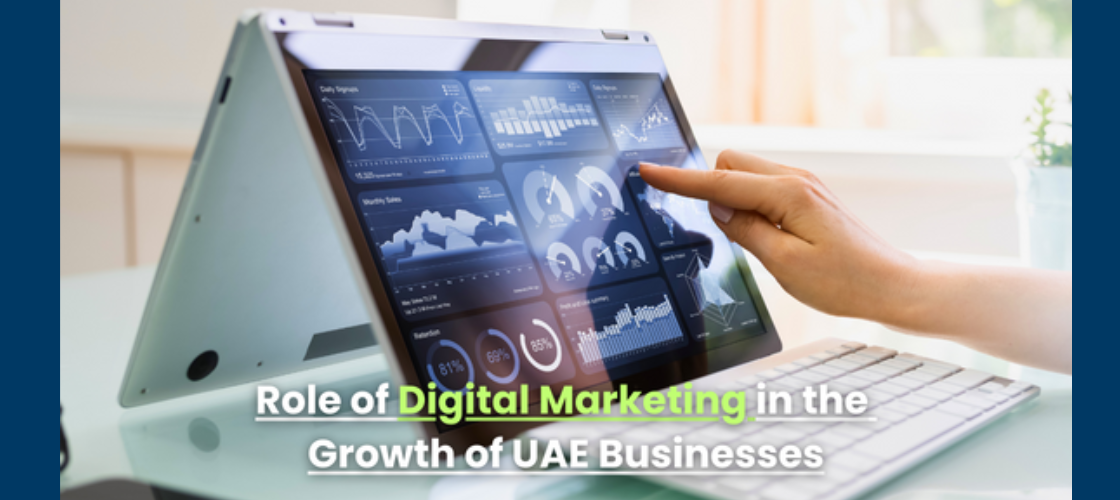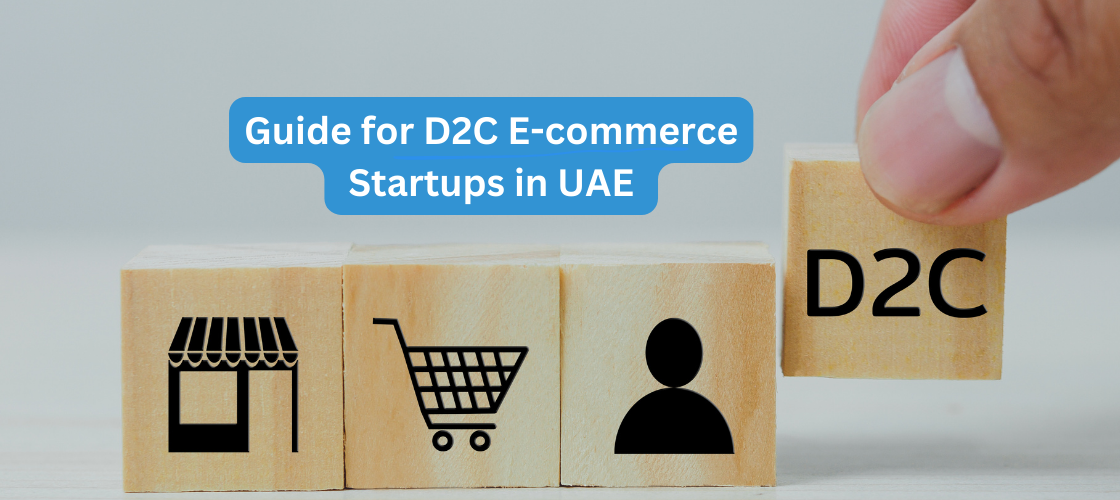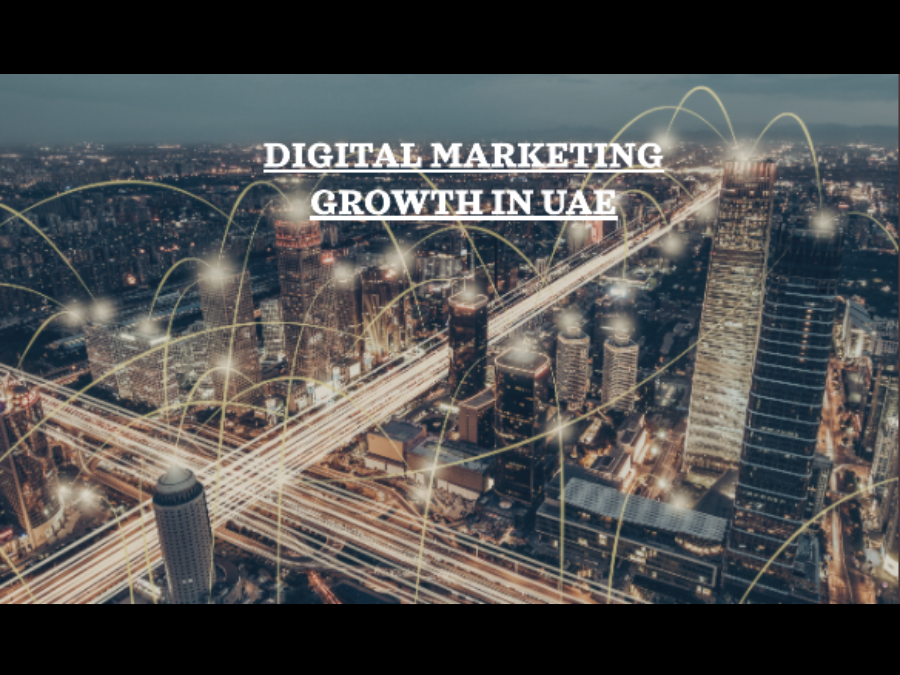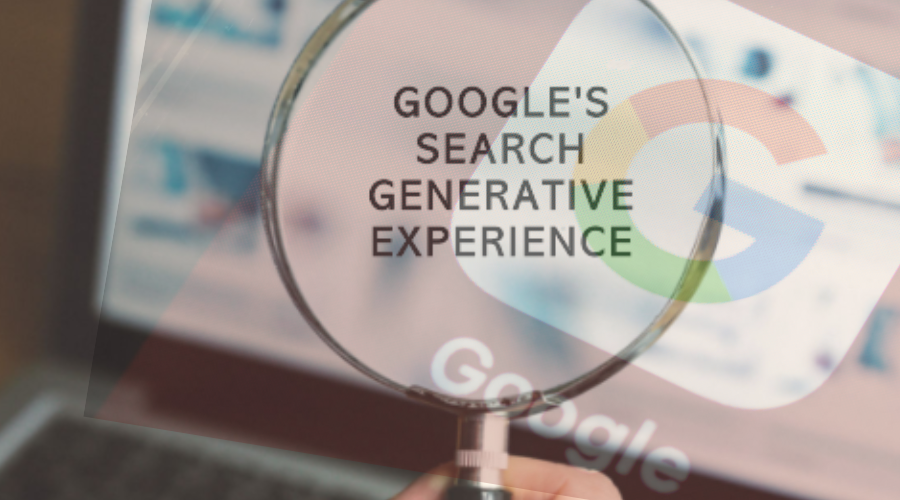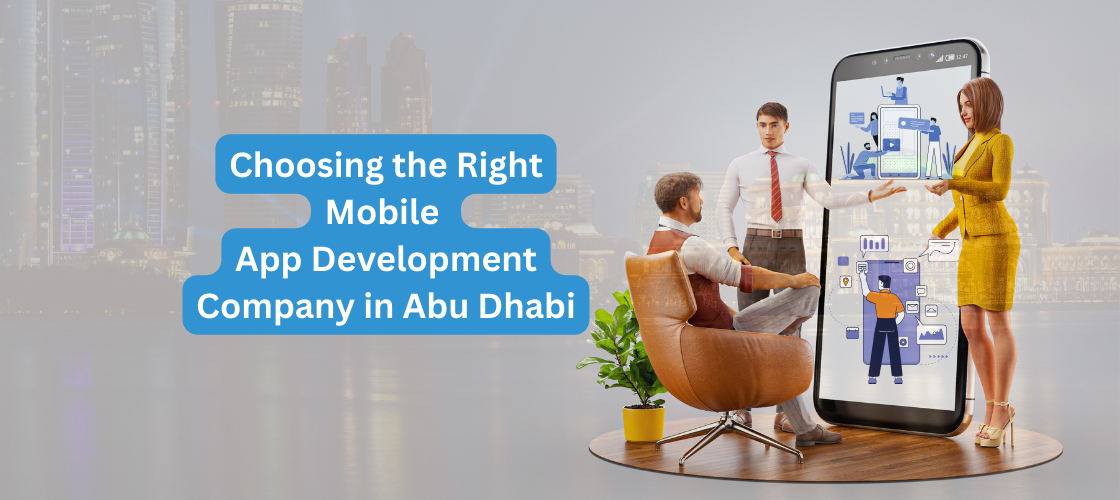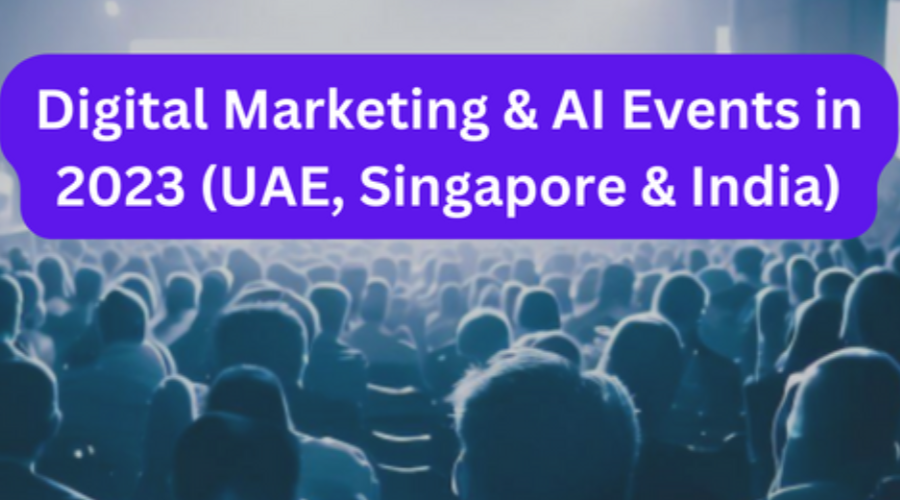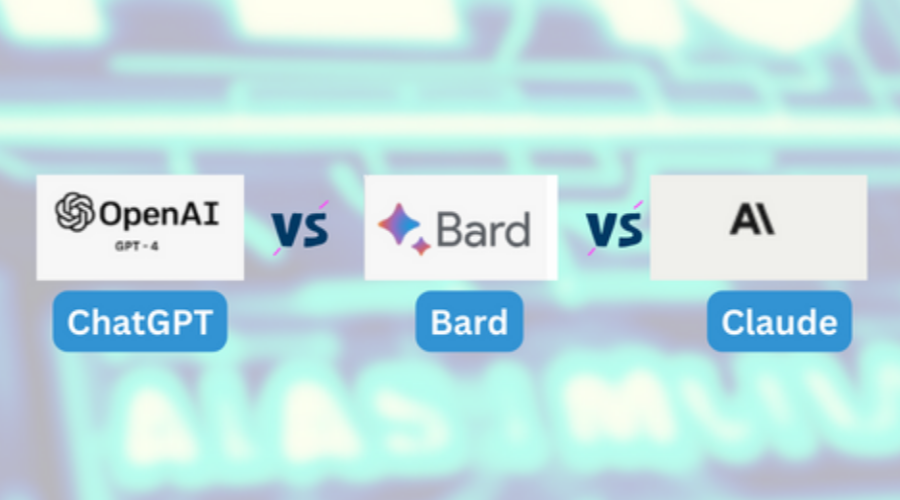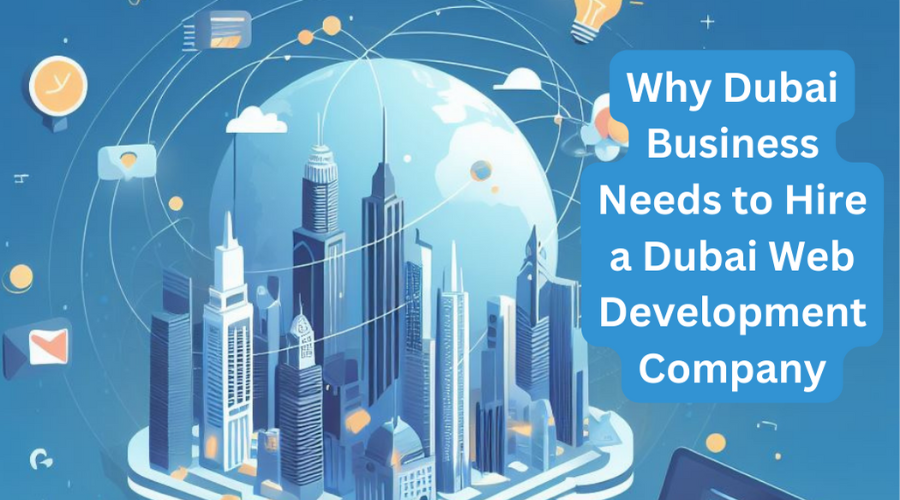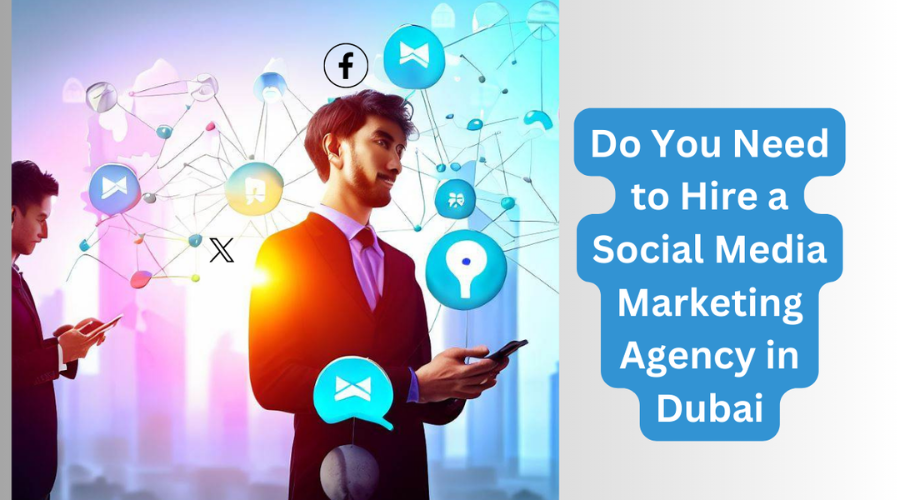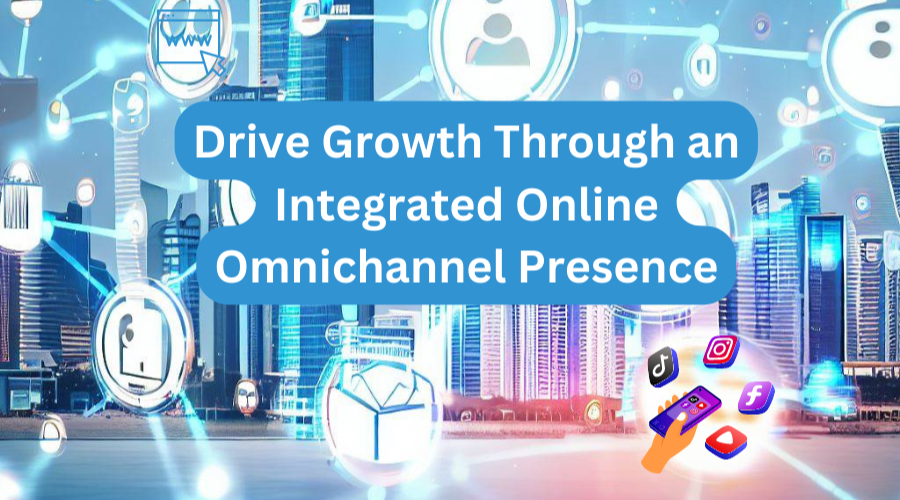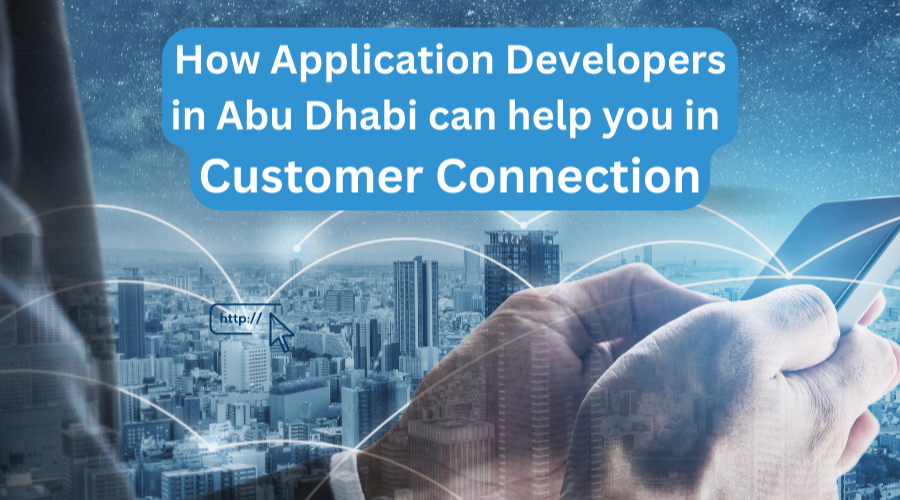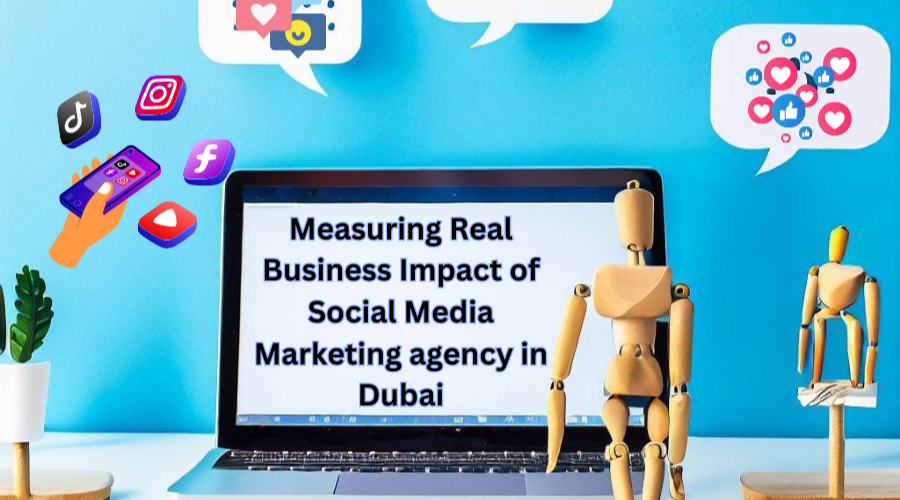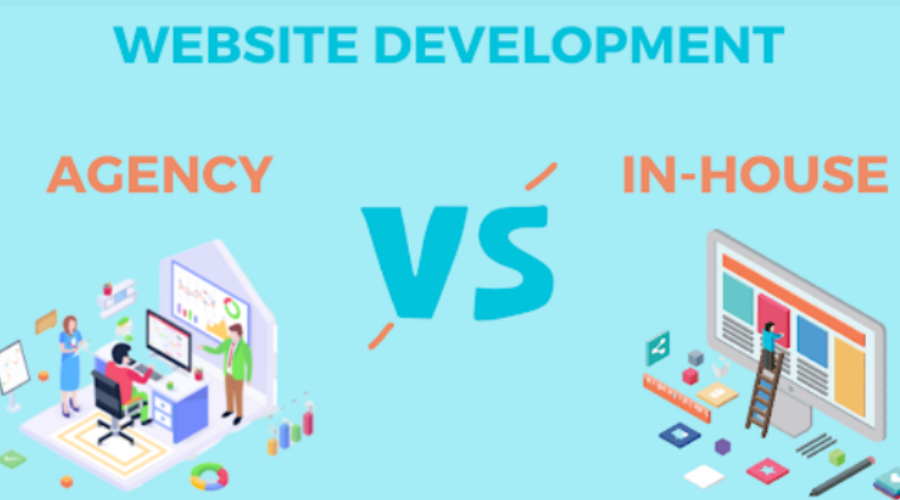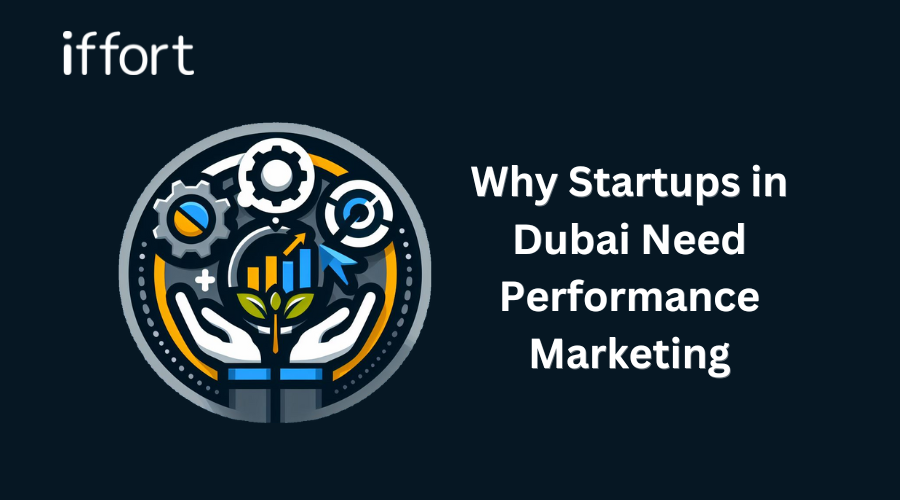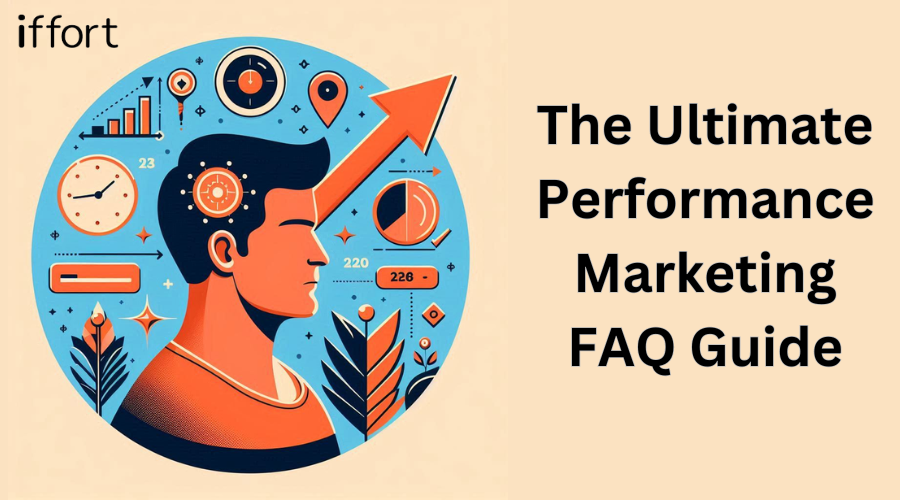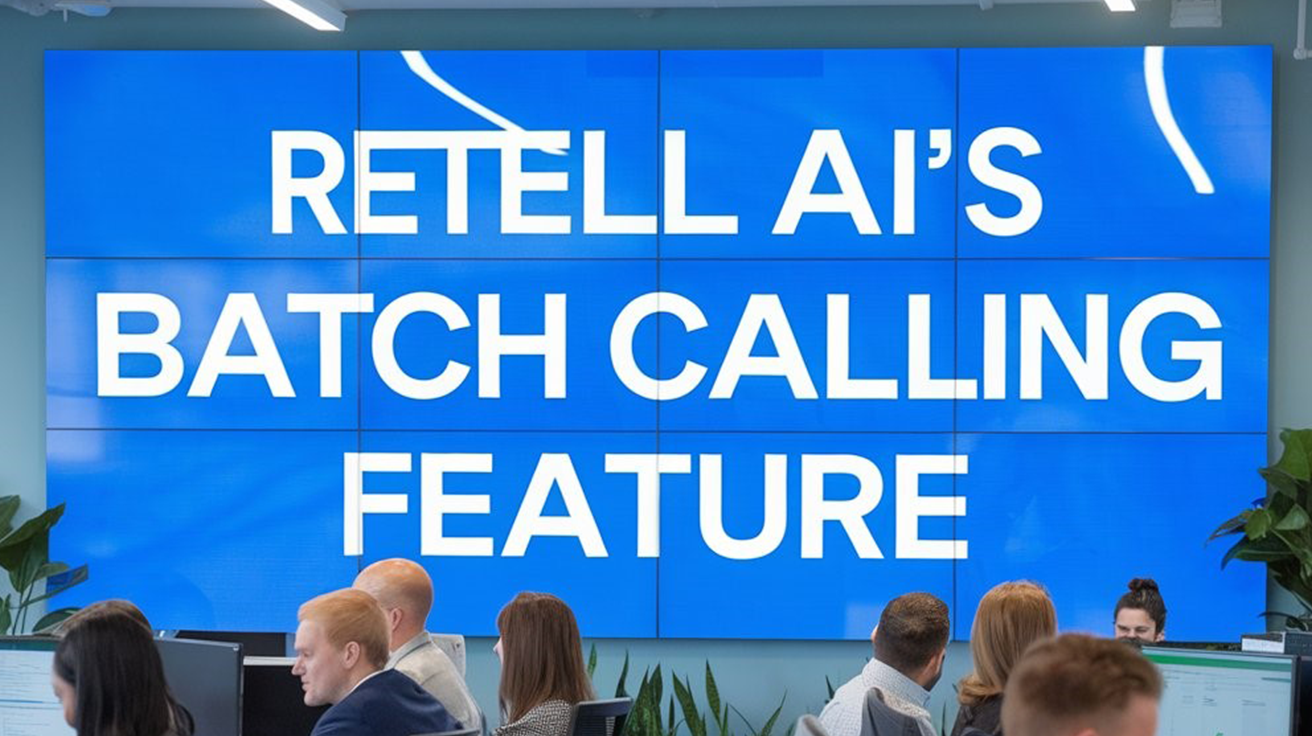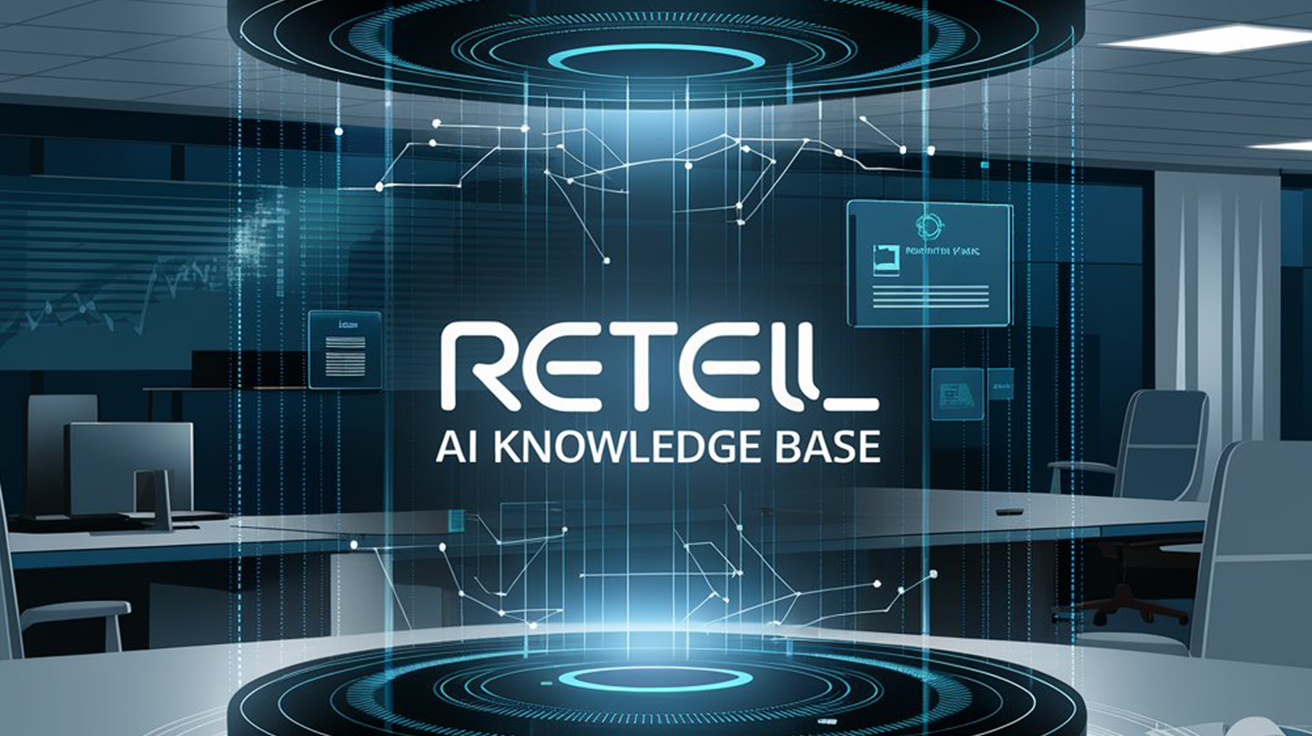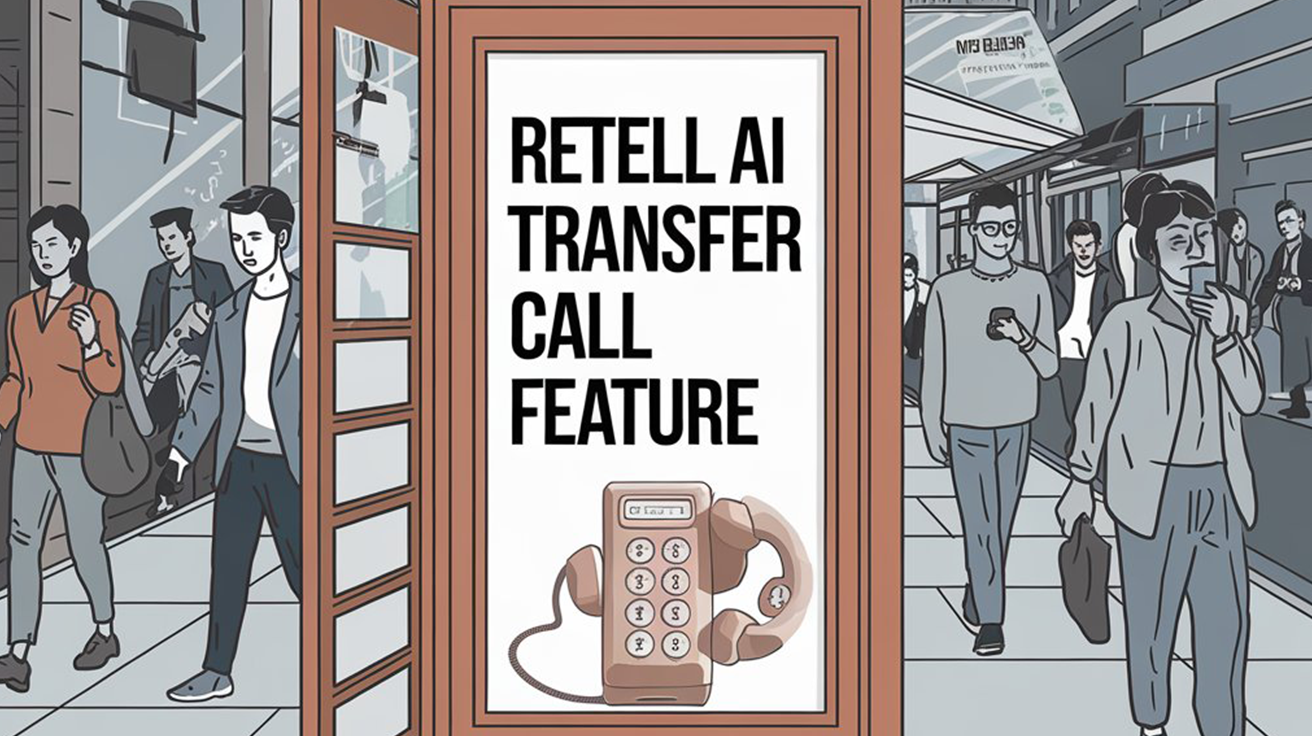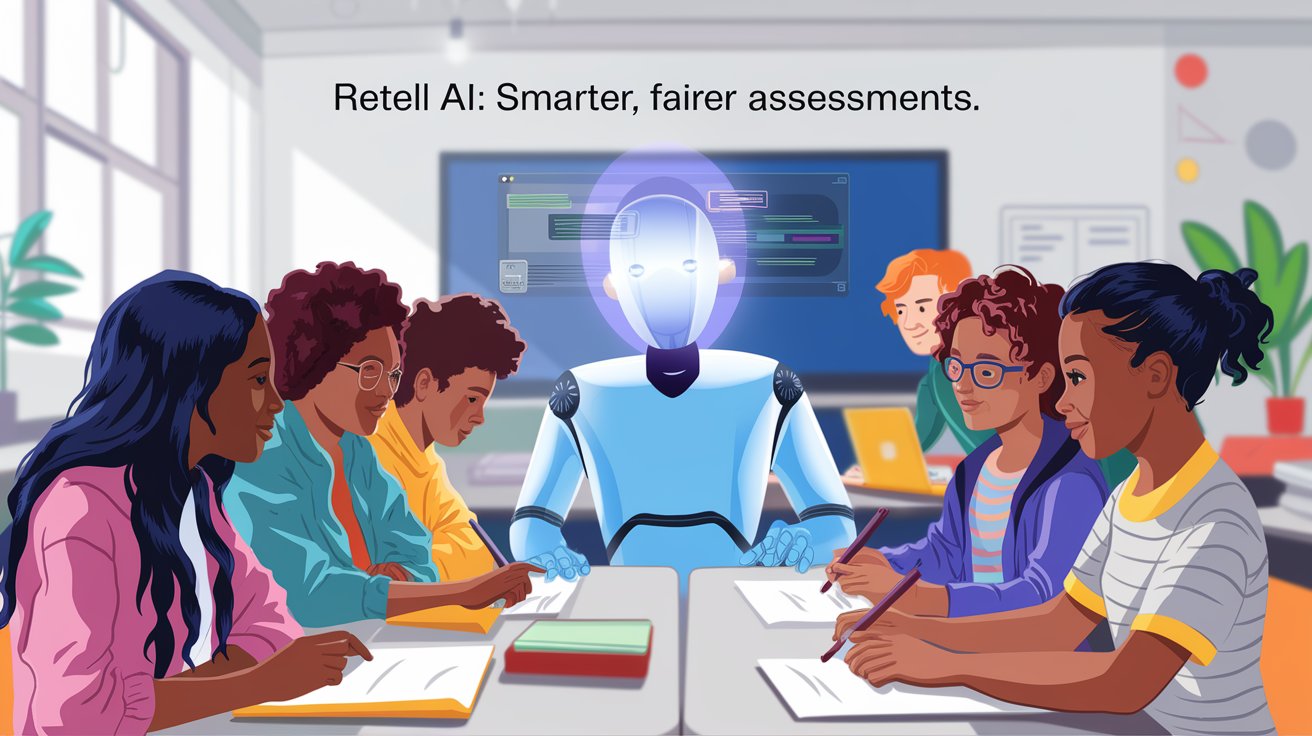- Blog
- Secret to boost your E-commerce ads through Generative AI
- AI Articles , Articles ,
- September 11, 2023
Advertising is crucial to the game of e-commerce because it serves as a beacon for people to find and interact with your goods and services. Because of the strong rivalry and exponential growth of the digital industry, there is a growing need for creative marketing techniques.
Here, the ground-breaking development of generative artificial intelligence (AI) assumes the spotlight and promises to transform the field of digital marketing as we know it.
For e-commerce companies looking to acquire a competitive edge, generative AI, which can develop content, images, and suggestions on its own, has emerged as a game-changer. It provides a dynamic and scalable method for creating tailored advertising campaigns that connect with specific customers, thereby boosting sales and brand recognition.
We will examine the revolutionary possibilities of generative AI in e-commerce advertising in this blog. We’ll examine how this technology may revitalize your marketing efforts, helping you stay ahead in the ever-evolving e-commerce game, from its fundamental principles to practical application tactics. Join us as we maximize your e-commerce ad campaigns by releasing the potential of generative AI.
Understanding Generative AI
Generative AI is a significant advancement above traditional AI techniques in the field of artificial intelligence. While rule-based programming and decision-making are common in traditional AI, generative AI differs in its ability to generate material, visuals, and recommendations on its own without explicit programming.
Numerous industries have used generative AI, demonstrating its adaptability and game-changing potential. For example :
- Art and Creativity: The distinction between human and machine-generated creativity has been muddled as generative AI has been used to produce art, music, and literature.
- Healthcare: Generative AI is being used in the healthcare industry, as it can recreate images with greater clarity in medical imaging, assisting in the diagnosis of diseases and the formulation of treatment plans.
- Finance: Generative AI is being used in the Financial industry, as it can create financial market forecasting models, allowing for more intelligent investment choices.
- Entertainment: Generative AI has changed the creation of content for video games, movies, and virtual reality experiences.
Generative AI’s ability to create content that is tailored and contextually relevant is one of its most notable characteristics. Generative AI enables companies to design engaging, user-centered experiences, whether it’s writing marketing content that’s tuned to specific customer interests, producing lifelike graphics, or proposing items based on a user’s browsing history.
The Role of Advertising in E-commerce
The main method used by e-commerce companies to connect with their target market is by doing marketing. And when it comes to marketing, the best wat to connect is via advertising.
The sponsored article attracts clicks, the digital billboard draws in shoppers, and the retargeted ad persuades a consumer who is on the fence to make the purchase.
Effective advertising converts visitors to e-commerce websites into paying consumers in addition to driving traffic to those businesses. In essence, advertising serves as the engine for generating sales and expanding businesses.
Advertising is undoubtedly effective, but e-commerce companies confront a variety of difficulties when trying to create ads that stand out in a cluttered digital landscape.
Competition: Countless companies are competing for the attention of the same audience in the intensely competitive e-commerce sector. Because of the increased competition, creative and effective advertising tactics are more important than ever.
Ad Fatigue: Daily exposure to advertisements causes ad fatigue in consumers. To fascinate and engage their audience, advertisers must constantly innovate in order to reduce the chance that their advertising would be tuned out or disregarded.
How Generative AI Can Enhance E-commerce Advertising
Generative AI introduces a new era of possibilities in the realm of e-commerce advertising, addressing critical challenges and elevating campaigns to unprecedented levels of effectiveness.
- E-commerce companies may now produce dynamic ad material that changes based on the tastes and actions of specific users thanks to generative AI. It can produce individualized product suggestions, ad copy, and images by analyzing large volumes of data. This increases the likelihood of conversion by presenting each consumer with ads that are specifically targeted to their individual interests and demands.
- It makes audience segmentation and accurate ad targeting easier. It can evaluate user data, such as surfing history, purchasing patterns, and demographic data, using machine learning algorithms. Through the identification of their most valuable consumer categories and the delivery of highly targeted adverts, businesses are able to focus their advertising resources where they will have the greatest impact.
- Generative AI is essential for increasing return on investment (ROI) and optimizing ad expenditure. It can make data-driven adjustments while continuously analyzing the effectiveness of advertising campaigns in real-time. This proactive approach guarantees that advertising resources are allocated to tactics that produce the best outcomes, reducing wastage and raising overall ROI.
Creating Compelling Ad Copy with Generative AI
Effective ad copy is the backbone of any successful advertising campaign, and generative AI is revolutionizing the way businesses craft persuasive messaging tailored to their target audience.
- Generative AI uses natural language processing (NLP) models to create persuasive content that not only grabs attention but also speaks to the interests and problems of your target market. AI is able to create ads that are appealing, emotionally resonant, and contextually relevant by evaluating large datasets of customer behavior and preferences. By speaking specifically to each individual client, your ads will be more likely to engage them and result in a transaction.
- A/B testing and ad copy improvement are two processes that are benefited by the use of generative AI. Businesses can utilize AI to create numerous ad variants and then assess which copy performs best with various target segments.
Generating Eye-catching Visuals and Video Ads
Captivating images and video content are essential elements of successful e-commerce advertising. Generative AI leverages deep learning models to generate images and videos that are not only aesthetically pleasing but also relevant to the target audience. Whether it’s product images, promotional banners, or video ads, AI can produce high-quality visuals that align with the brand’s messaging and style.
Building a solid brand identity requires constant visual appeal. Generative AI makes sure that all graphics, including website imagery and ad campaigns, maintain a uniform style and messaging. Customers are more likely to recognize and trust your brand as a result of your consistency, which makes it simpler to establish a strong bond and earn their loyalty.
Personalization and Customer Experience
In e-commerce advertising, generative AI has ushered in a new era of hyper-personalization, altering the customer experience and increasing conversion rates.
Utilizing User Preferences and Behavior to Personalize Ads: Generative AI uses user data, including surfing history, purchasing patterns, and demographic data, to produce highly tailored ads. It has the ability to dynamically modify messaging, product recommendations, and ad content to suit the preferences and actions of each user.
Impact on Customer Experience and Conversions: By providing material that is pertinent, interesting, and useful to each user, personalized advertising play a crucial part in improving the customer experience.
Customers are more likely to respond to offers and recommendations that strike a chord with them, therefore adding a human touch dramatically increases conversion rates.
While generative AI holds immense promise in e-commerce advertising, it is essential to acknowledge the challenges that come with its adoption.
a. Quality Control: Generative AI is not infallible and may occasionally produce content that is off-brand or subpar in quality.
b. Data Dependency: The effectiveness of generative AI heavily relies on data quality and quantity. Businesses with limited or poor-quality data may not fully realize the benefits of AI-driven advertising.
c. Algorithmic Bias: AI models can inherit biases present in training data, potentially leading to discriminatory or offensive content.
Conclusion
E-commerce companies must always look for novel approaches to attract and convert their target market. Here comes generative AI, a game-changing force destined to transform the world of digital marketing.
Personalized, dynamic, and appealing ad material that is catered to specific user interests and behaviors is possible thanks to generative AI.
Generative artificial intelligence (AI) improves how organizations interact with their customers, resulting in memorable consumer experiences in everything from convincing ad copy to eye-catching images and video commercials.
To maintain competitiveness, generative AI must be integrated—it is not an option. Businesses are urged to investigate and test AI-driven ad tactics, utilizing this technology’s disruptive potential to power their e-commerce advertising initiatives. Generative AI is what drives the digital marketing of the future, which has already arrived.
At Iffort.AI, we’re not just riding the wave of generative AI; we’re shaping its future. Our platform empowers e-commerce businesses of all sizes to transform their ad copies, supercharge their performance marketing, and embark on a successful e-commerce journey like never before.
Want to collaborate and explore business opportunities?
Join us in this exciting revolution and discover the incredible possibilities of generative AI in the world of e-commerce advertising. Together, we’ll elevate your brand and drive exceptional results. Welcome to the future of e-commerce with Iffort.AI.

